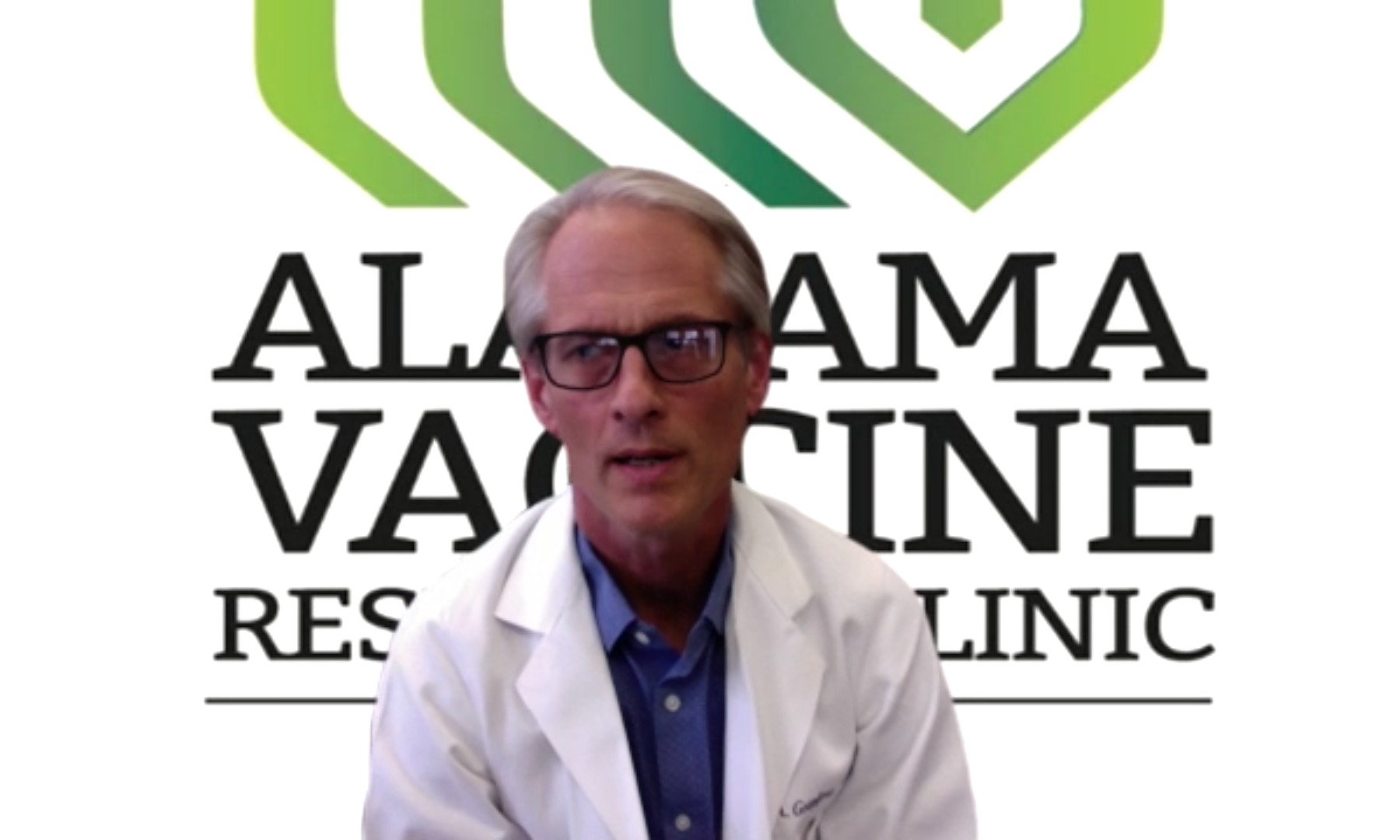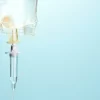The drug company Pfizer and the German biotech company BioNTech on Monday announced that the COVID-19 vaccine developed by both firms is more than 90 percent effective at preventing infections, according to early analysis of the drug’s effectiveness compared to a placebo.
The news is good, but with cases and hospitalizations continuing to rise in Alabama and numerous other states, and knowing it will take time to make and distribute the vaccine, and for enough people to take it to protect the larger society, public health experts say the mitigation measures already used to protect people from the deadly disease will have to continue for some time.
Dr. Paul Goepfert, professor of medicine at UAB and director of the Alabama Vaccine Research Clinic, told reporters Monday that the announcement was “extremely good news” but warned that the need to continue social distancing and to wear masks will likely remain for another year.
“The problem is that we’re having just huge rates,” Goepfert said of the spread of coronavirus nationwide. “Remember that we have the highest rates of infections now than we’ve ever had, since this pandemic started, and we need to bring those down, because vaccines actually work better if you have lower rates of infection.”
Goepfert said the most optimistic thinkers previously had hoped for a vaccine that’s about 70 percent effective, “So 90 percent effectiveness is fantastic.”
“So the problem now is that it needs to be confirmed in a larger group of individuals and needs to be shown to be a safe vaccine,” Goepfert said. The companies did release data showing the vaccine was safe during the phase 1 and phase 2 trials, he said, but those had far fewer enrollees. He also cautioned that the companies’ press release doesn’t say whether the vaccine is 90 percent effective in all age groups, and said he’ll need to see more data with those details.
Pfizer, in a statement Monday, said the phase 3 clinical trial began on July 27 and enrolled 43,538 participants “with 42% having diverse backgrounds, and no serious safety concerns have been observed; Safety and additional efficacy data continue to be collected.”
Goepfert said it’s extremely important that the trials included a large number of participants from diverse racial backgrounds because more people are hospitalized and are dying from coronavirus among Latino and Black communities. It’s also important to show the public the vaccine is safe for varied racial backgrounds.
“People have to earn trust in the vaccine,” Goepfert said. “And if it’s never been tested in those in certain groups of individuals, then they’re not going to want to take the vaccine.”
There are several other vaccines in varying stages of clinical trials, Goepfert said, adding that there will be challenges in administering Pfizer’s vaccine broadly. The vaccine has to be stored at -80 degrees Celsius, and while major academic institutions and major medical centers have the equipment to do so, most pharmacies across the country do not.
“And so we would have to develop that infrastructure,” Goepfert said.
The company said it plans to submit for an Emergency Use Authorization to the U.S. Food and Drug Administration soon after the required safety milestone is achieved, which Pfizer said is expected to happen as early as the third week of November.
Goepfert said the rollout of a vaccine will likely mirror a plan released last week by the Alabama Department of Public Health. Medical workers and first responders would likely be first in line to receive the vaccine, followed by people at high risk, including the elderly and those in nursing homes.
Because of the need to store the vaccine at a temperature that likely only major academic institutions and major medical centers have the ability to do, administering it to medical staff and first responders will be easier to do.
“But then if you’re talking about going beyond that, it’s going to take some more dollars to be able to make that happen,” Goepfert said.
“Today is a great day for science and humanity. The first set of results from our Phase 3 COVID-19 vaccine trial provides the initial evidence of our vaccine’s ability to prevent COVID-19,” said Dr. Albert Bourla, Pfizer chairman and CEO in a statement. “We are reaching this critical milestone in our vaccine development program at a time when the world needs it most with infection rates setting new records, hospitals nearing over-capacity and economies struggling to reopen. With today’s news, we are a significant step closer to providing people around the world with a much-needed breakthrough to help bring an end to this global health crisis.”
Goepfert explained that now that an endpoint is in sight, it’s vitally important to continue social distancing, wearing masks and staying out of crowded indoor spaces.
“Now we see that there’s a vaccine that can work, and so you want to prevent as much death as you can, at which time you can get the vaccine,” Goepfert said. “And once the vaccine is available, and hopefully readily taken up by most people, that we will finally be on the other side of this pandemic.”
Pfizer and BioNTech said they expect to produce globally up to 50 million vaccine doses in 2020 and 1.3 billion doses in 2021.
President-elect Joe Biden on Monday urged the public to continue wearing masks, and he announced members of his coronavirus task force, all of whom are doctors and health experts.
“Dealing with the coronavirus pandemic is one of the most important battles our administration will face, and I will be informed by science and by experts,” Biden said in a statement. “The advisory board will help shape my approach to managing the surge in reported infections; ensuring vaccines are safe, effective, and distributed efficiently, equitably, and free; and protecting at-risk populations.”
Alabama on Monday added 1,170 new COVID-19 cases to the state’s total, and the 14-day positivity rate was 19 percent. Public health experts say it should be below 5 percent or cases are going undetected.
{{CODE1}}
Hospitalizations of COVID-19 patients statewide continue to increase as well. On Sunday, there were 1,060 coronavirus patients being cared for in hospitals, and the seven-day average of daily hospitalizations had risen to 1,020. That’s as high as it’s been since Aug. 31.
{{CODE2}}
Huntsville Hospital on Monday had 189 COVID-19 patients, which was as high as the hospital has seen since Aug. 10. UAB Hospital was caring for 78 COVID-19 patients on Monday, matching the last time the hospital had so many COVID-19 patients, on Aug. 19.























































